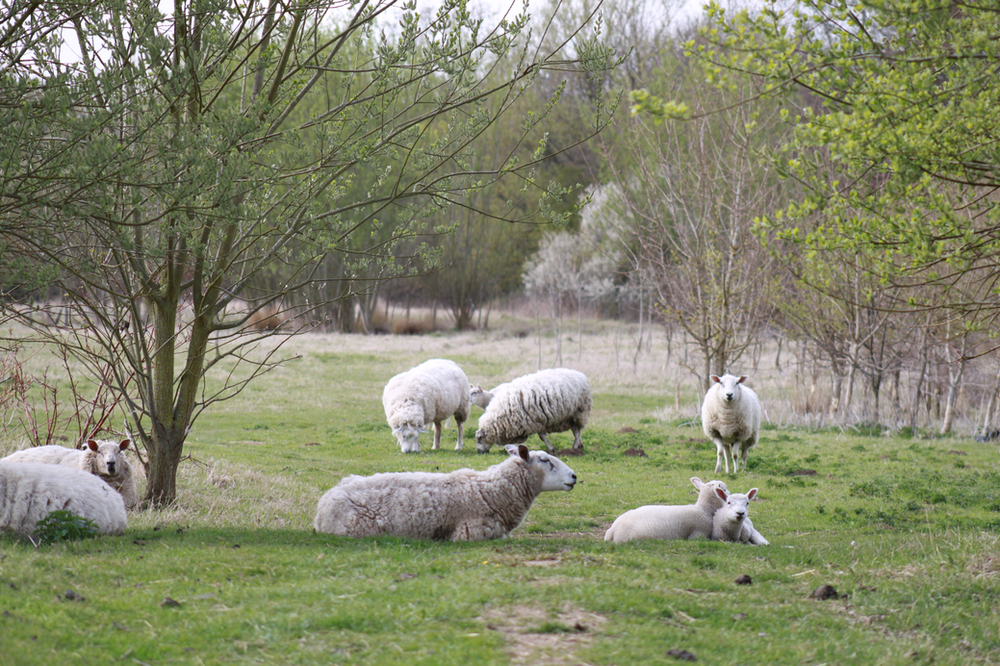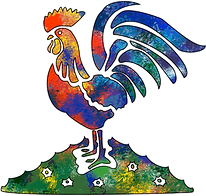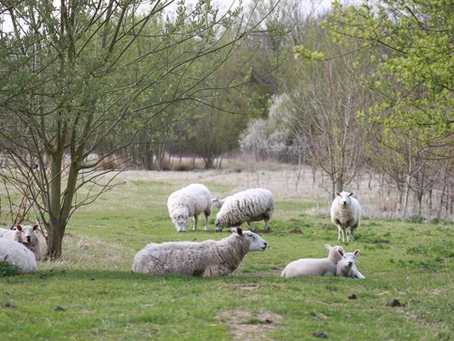Here at Willowbrook Farm we have just had all of our sheep “dipped”. This is a treatment where the sheep are plunged into a bath of chemical solution. Like treating head lice in children it is a guaranteed way of overcoming an infestation and protects against external parasites and also fly-strike. This is a first for us in our twenty years of farming and hopefully something we won’t ever have to do again.
Although many farmers dip their sheep routinely, sometimes twice a year, regular use of these chemicals is known to be harmful to humans and the environment. We try not to use any chemicals or medication on the farm unless we absolutely have to. For example instead of routinely using worming drenches we get a faecal egg count done to determine whether or not we actually need to use such wormers. This is really important because there are only a few types of worming chemicals available and the more they are used the more the parasites develop resistance to each type. If they are overused then we will simply be breeding super-resistant worms and we may end up defenceless against them!
There are also many preventative practices that we can do which lessen the need for medication in the first place. For example, we have just divided our sheep fields into smaller paddocks so that we can better rotationally graze our flock. As well as improving the productivity of our pasture (by allowing each paddock a greater resting time between grazings) it should also help us to break the cycle of reinfection for internal and external parasites.
We have planted trees between each paddock which in time will provide shade and a windbreak for our sheep (increasing their overall health) and will also contribute to increasing the biodiversity of our farm
So why did we have to dip our sheep then?
Well last autumn we bought in five replacement ewes and unknowingly introduced scab to our flock! Scab is a skin condition caused by an external parasite which by law (and for the health of the sheep) you must notify the relevant authorities (in this case our vet) and treat. It causes wool loss, intense skin irritation and loss of condition which can lead to infections and death from pneumonia etc. Luckily we caught it fairly early with only a few of our sheep showing any clinical signs and hopefully we are now out of the woods
What can we do in the future to prevent this sort of thing happening again?
Well we plan to only breed our own replacements from now right here on our farm, instead of buying them in and will only be buying in a ram every few years to avoid inbreeding in our flock. He will come from certified trusted breeders and be quarantined on arrival at our farm so we can confirm that he is healthy and reduce the risk of bringing in other diseases to our flock.


